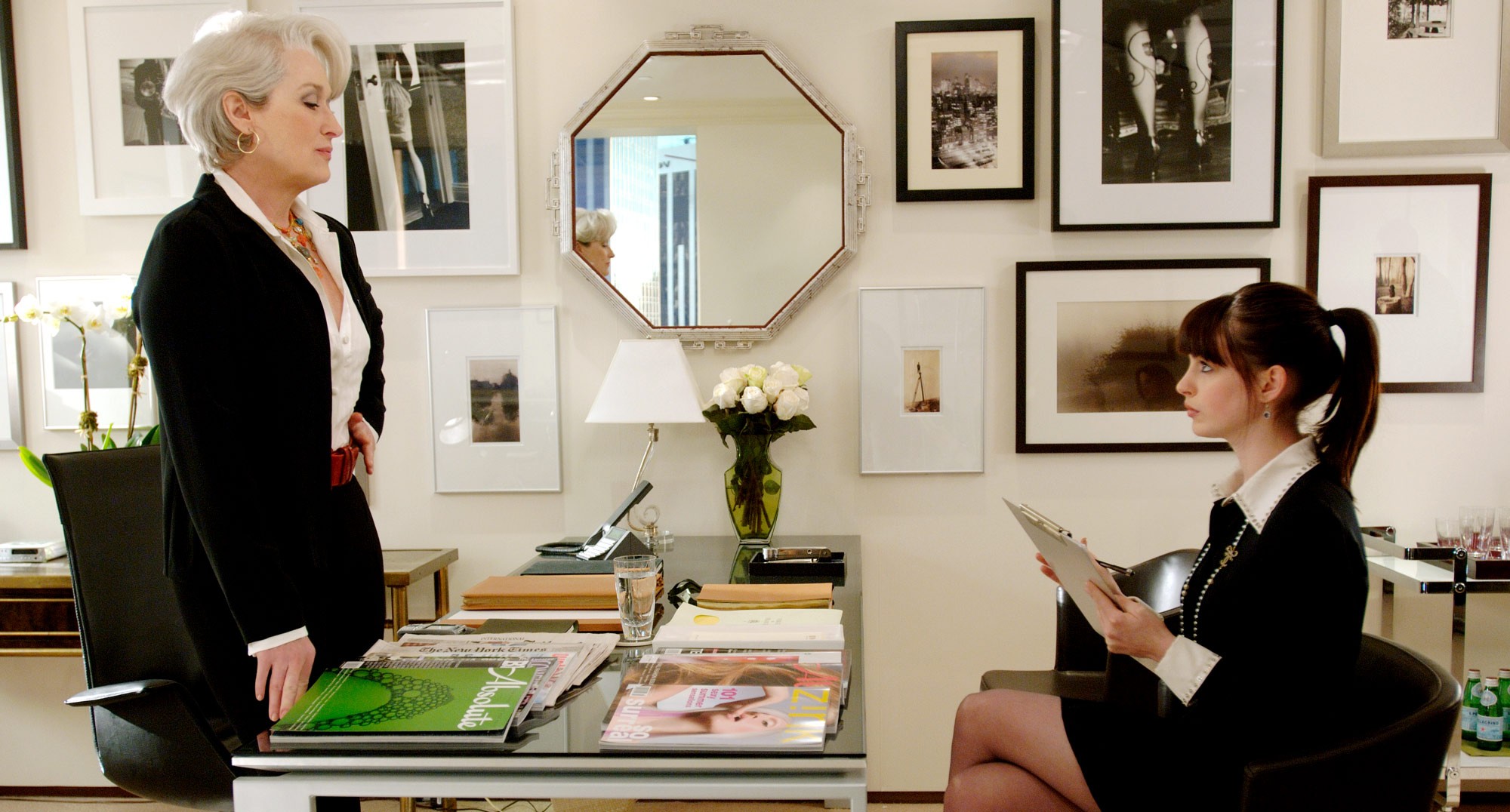Rise and grind: it’s a new year, possibly a new you, and definitely the right time to consider the next steps you can take in expanding your LinkedIn skills set. The fashion industry is renowned for being hard to break into, but worry not, Tasha Johnson has got you covered – here’s a compilation of some of the best tips and tricks:
Know Your Shit
Firstly, know which sector you want to go into. There are a multitude of different jobs available in the fashion industry and you can’t tailor your CV appropriately unless you have an idea of which role you’re after. Start with basics: would you rather be writing or taking photos? Designing or selling designs? Secondly, know the industry. Study it in much the same way you would for an exam – who are the key fashion houses and high fashion magazines? Who controls them? Make sure you have a wide fashion vocabulary; engage in fashion discussion with poignant specificity. Can you name different shapes of toe on a shoe? State the difference between a boat or bardot neckline? Tell an A-line or Square cut hemline apart? Finding all of this out shouldn’t take too long; just learn a little bit on a regular basis, don’t cram the day before an interview. Preparation is key, and there are many publications available online that can keep you in the know, with one favourite being TagWalk.
CV Building
Your CV and cover letters are your main shot at winning over future employers, and if it’s not up to scratch then don’t expect them to bother with an interview. Low-key commitments such as student fashion journalism gives you an edge, as well as showing your enduring passion and commitment to understanding the industry. Another great way to boost your CV is to take free online courses in fashion. While perhaps not considered as prestigious as a university qualification, they are a quicker and more accessible option, with sites like Coursera and FutureLearn being particularly useful, and only requiring around 20 hours over a 4-week period. You can also keep an eye out for influential industry professionals who have opened up online writing workshops through their personal websites or feeds, such as Farrah Storr, Editor-in-Chief of Cosmopolitan UK, offering workshops through her Instagram live platform. For finding internships, websites like FashionWorkie.com and UK.FashionJobs are useful, though the application process is still tough. Be prepared to commute, as big cities have more opportunities. Ensure you pick a time when this is feasible (e.g. during the lengthy summer break, instead of heading to Amsterdam with your pals).
Networking
Attend every event available to you because, ultimately, your relationship with others in the industry plays a
huge part in determining your success or failure. You could work your arse off and still not get anywhere if you don’t foster a working relationship with others in your field who could help to give you a leg up. Websites like Fatsoma and Eventbrite allow you to see what events are on near you, so be sure to search ‘fashion events’ on a regular basis. These events can often be free and usually aren’t expensive, and are a great way to expose yourself to the fashion world and potential future contacts.
Work Your Way Up
You’re not going to jump straight into the high-paying, action-packed, glamorous jobs, so take whatever you can get; be it fetching coffees or making photocopies, you’ve still got your foot in the door. You’re making those essential industry contacts, whom you can come back to later on, having already proven your capabilities. Never think that you’re above doing a certain job, it may help you later on.
Brand Yourself
You are your own brand, and if you want people to buy into you, to invest in you, you need to know what you’re about and what you’re selling. Pick three words you would want people to describe you as, then cultivate an image of yourself that fits this. Get your social media up to date – it’s the number one tool these days for self-branding, and you need to make sure your online image is a good as your real life one. Have an online presence – Facebook, Instagram and Twitter are the essentials. Starting a blog is also a really good way to gain traction, if you have the time.
Have a Range of Skills And a Back-Up Plan
While focusing all your energy on one thing may seem like a good idea, don’t put all your eggs in one basket. The fashion industry is constantly changing and highly competitive. Stand out from other candidates by developing skills that are transferable, such as a foreign languages, knowledge on digital marketing, e-commerce, how to build a website, etc. These things will be incredibly useful in the fashion industry, but also give you something to fall back on. Good luck!
By Tasha Johnson.

